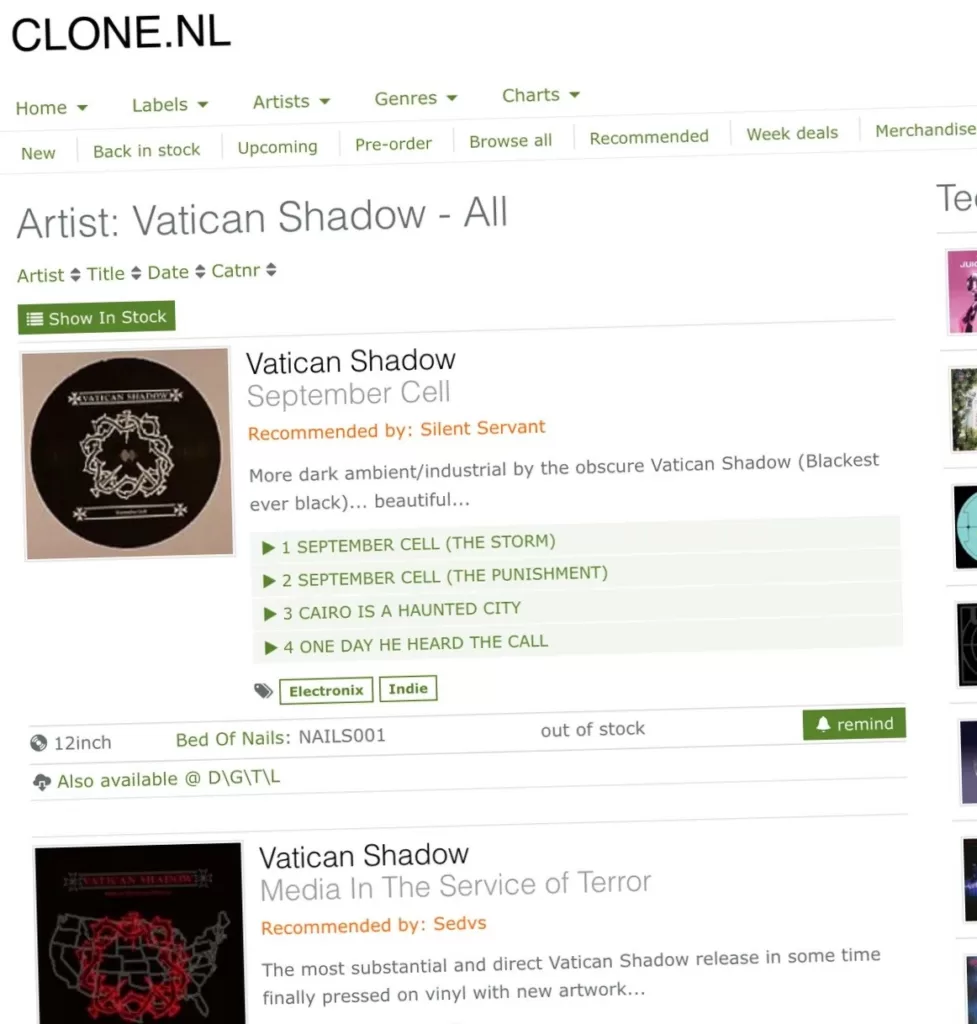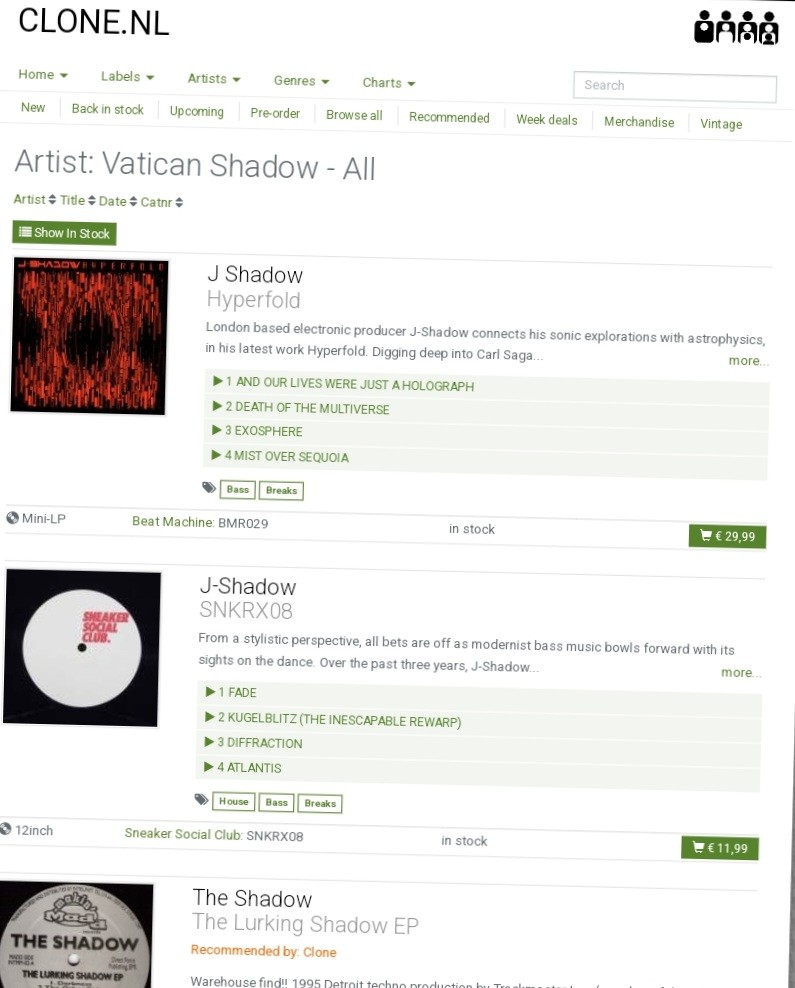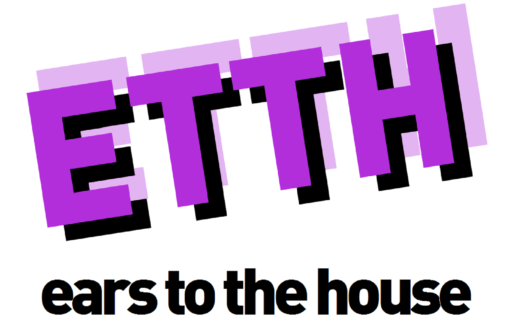During the first half of May, Clone Records put out a statement regarding its relationship with Trip Recordings, the label owned by Russian DJ Nina Kraviz. The statement received considerable publicity in the dance music press – and even then, they had to be pushed into running the story after being scooped by Time Magazine, of all people.
The statement, issued by Clone Records boss Serge Verschuur, made a number of claims such as “Nina Kraviz has put forward several outings which can be taken as pro-Putin”, accused her of “clearly flirting with CCCP/USSR sentiments on several occasions” and that Kraviz “enables herself to continue her lifestyle” by refusing to speak out.
Clone Records themselves were the first to deny that cancel culture was at work here – and they’d, of course, be correct. Kraviz chose not to express a clear view on the Russian war in Ukraine, and Clone decided they didn’t want to work with someone whose expressed opinion on the matter was so vague.
How, then, would Clone Records respond in the event someone else on their site was to express controversial views? After all, record shops do not normally operate on the basis of only selling music from people whom the owners agree with – things have the potential to get messy when you bring politics into business decisions.
Perhaps Clone Records would therefore like to explain why the music of Vatican Shadow – otherwise known as Dominick Fernow – was recently removed from their site. Regular readers might remember Fernow from an article we published in July last year asking why the dance music press weren’t talking about this man’s links to the far-right.
Compare the view with a few weeks ago…

To now…

A search for Vatican Shadow now brings up nothing at all. And for a site which has now seemingly decided to start questioning the political views of those whose music they sell, no statement of any kind appears to explain why.
Perhaps Resident Advisor’s editor-in-chief Whitney Wei is still embarrassed by her old employers dropping her in the soup…





